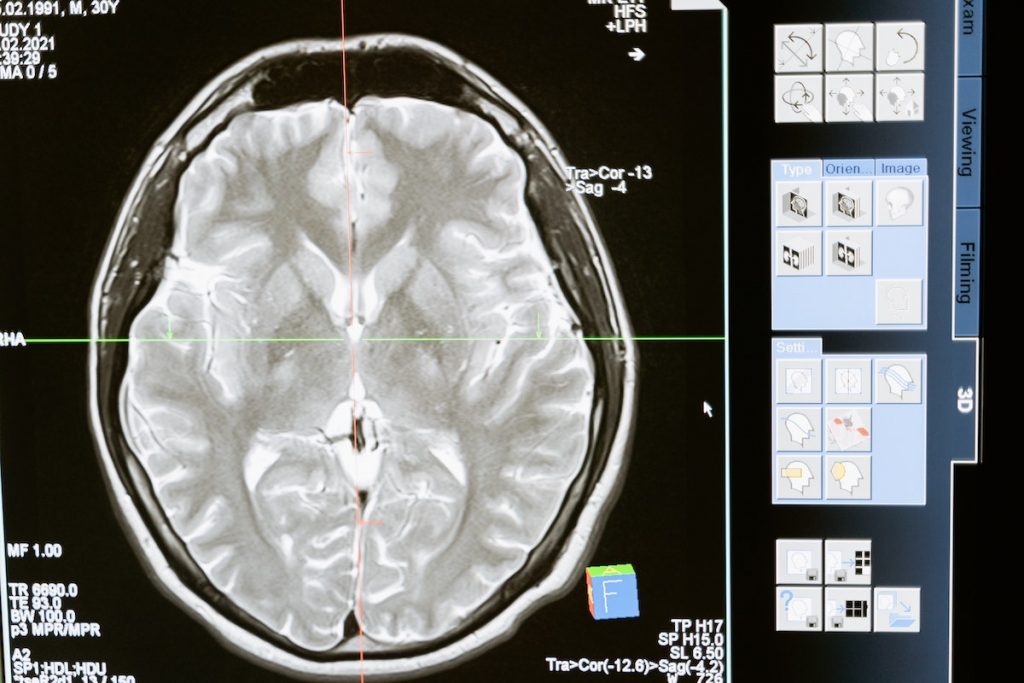Anxiety is one of the most prevalent form of mental illness in the United States. According to the Anxiety and Depression Association of America, up to 40 million adults in the country, representing over 18 percent of the population, are living with some form of anxiety. Untreated, severe cases can be extremely debilitating, causing mental distress and preventing people from making the most of their lives.
Thankfully, there are now medications and other treatments that can help people manage their anxiety. One of these medications is Ativan, also known by its generic name lorazepam. But what is Ativan? How long does Ativan last? Does it have withdrawal effects? Finding out the answers to these questions is essential, like discovering the effects of consuming expired melatonin.
Today, find out the answers to some of frequently asked questions about this medication. By doing so, you can ensure that you are taking the right medication and are prepared in case of any advent medical event.
What is Ativan?

Ativan is a prescription medication, not an over-the-counter medication like ketoconazole. It is used to treat anxiety disorders and the size of the dosages prescribed depends on the severity of the anxiety of the patient.
Ativan is the branded name of a medication generically known as lorazepam, which belongs to a category of drugs called benzodiazepines. Lorazepam was first developed as a medication in 1977 by a doctor known as David J. Richards. He developed lorazepam as a new tranquilizer for patients with trouble sleeping and those diagnosed with anxiety. It first entered the U.S. market later in the decade and has since become a staple in drugstores.
Ativan is taken orally, with or without food, as suggested by a physician. It’s also prescribed for both inpatient and outpatient care in healthcare facilities. Because Ativan affects the brain, comes with a bevy of side-effects and can be addictive, not to mention withdrawal symptoms, it’s very rightly controlled.
How Long Does Ativan Last?

The efficacy of Ativan depends entirely on the dosages prescribed by your physician. Ativan can be taken as both an orally ingested tablet or through direct injection. When taken orally, Aitvan will reach peak efficacy within 2 hours of consumption. If lorazepam is injected directly into your bloodstream, it will reach peak efficacy within 15 to 30 minutes of the injection.
But how long does Ativan last? Depending on the dosage prescribed to you by your physician, the effects of Ativan can last anywhere between 12 to 24 hours of being taken. This period is much longer than how long Advil lasts, given its potency. During this period, you will experience calmness and your anxieties will be easier to manage, if the feeling is present at all. After this period, the feeling of calmness may abate.
Aside from its period of efficacy, how long does lorazepam stay in your system? As a drug, lorazepam has a long half-life, approximately 12 hours. This means that the concentration of lorazepam in your body is reduced by half every 12 hours. This means that in 24 hours, you will still have 25 percent of the dosage of Ativan in your body.
The chemical can be detectable in your systems for varying lengths of time, depending on how you are tested. Ativan can be detectable in your saliva up to 8 hours after your last dose. Residual traces can be found in your blood for up to 3 days, and in your urine for up to 6 days.
How Does Ativan Work?

Benzodiazepines like Ativan have sedative and hypnotic properties. They work by making your brain more susceptible to the effects of a naturally occurring chemical known as gamma aminobutyric acid, or GABA. This chemical suppresses the activity of your central nervous system, which is responsible where your brain generates the impulses of anxiety and nervousness. While that area of your brain is suppressed, you feel calm and relaxed.
The problem with Ativan and other lorazepam-based medications if because they last so long in your body. As the residue of the drug builds up, you may start gaining resistance to its effects. This can require bigger and bigger doses of the drug to maintain the calming effect. Some physicians switch their patients to stronger medication or advocate alternative anxiety management.
What are the Withdrawal Symptoms of Ativan?
Another pressing question, aside from how long Ativan lasts is what happens if you suddenly stop taking it. Lorazepam can be addictive and you can develop a physical dependence on the substance even if you follow your doctor’s instructions. People who are considering taking Ativan may be well served learning how to cope with drug abuse to prepare themselves.
However, it can be life-threatening to suddenly stop taking Ativan when you’ve already developed a tolerance to the drug. Withdrawal symptoms of Ativan include the following:
- Difficulty concentrating and confusion
- Headaches and sweating accompanied by tremors
- Increased heart rate, blood pressure and heart palpitations
- Feeling nauseated, cramps in the abdomen, vomiting and losing weight
- Panic attacks, heightened anxiety, erratic moods and increased irritation
- Seizures in severe cases
Detoxing from the drug is possible but must be done with the advice and supervision of trained medical personnel.
How long does Ativan last and what are its side effects are all important questions. But people should be asking is why there is such a huge need for it in the first place? Perhaps by determining why anxiety is so prevalent nowadays, people can enjoy living their lives without pharmaceutical aid. target=”_blank” rel=”noopener noreferrer nofollow”




